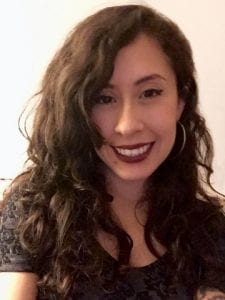
I am currently a Postdoctoral Education Fellow at Stanford SPARQ and earned my Ph.D. in Behavioral Science at The University of Chicago. My goal is to engage in rigorous research that advances equitable actions, practices, and policies through participatory, community-based collaborations. Specifically, I investigate the psychological and behavioral impact of critical narratives that wisely expose how current social problems are rooted in systems of oppression and introduce routes for transformative change.
My background is in using theory-based, psychologically wise, human-centered design methods to create and experimentally evaluate intervention programs in health and higher education. My current work combines this background with critical social theories to compare conventional intervention approaches to interventions that include (1) critical narratives that expose how hidden systems have operated to marginalize groups and (2) youth participatory action research methods to collaboratively design interventions that actively incorporate the goals and expertise of youth who are faced with navigating the consequences of social inequities.
My recent research has primarily focused on examining public policy preferences, adolescent behavior, and civic engagement within the realm of community gun violence and in challenging colorblind historical narratives of current social problems. This includes questions like:
- ⁕ how do people come to understand the structural forces that perpetuate racial disparities?
- ⁕ how to disrupt psychological biases towards punitive policy that exacerbate racial disparities?
- ⁕ how can reactance against social inequities motivate positive adolescent behaviors?
- ⁕ under what conditions do anti-racist narratives prompt equitable actions?
- ⁕ how might applying critical narratives during academic transitions impact student outcomes?
As a scholar, I aim to help strengthen connections between academia and local communities through collaborative, community-based, action-oriented projects in an effort to improve access to research, support community-building initiatives, and inform public policy solutions that better serve historically marginalized communities. As a first-generation citizen and college student with multiple intersecting identities that are underrepresented in higher education, I am always delighted to meet with any prospective students, community organization representatives, or others who are interested in talking about my research, educational journey, or future plans for collaborations.
